There has been an increase in the rate of cyber-attacks in the past few years. It is not that the cybercriminals are experts, but some of these attacks are due to negligence. Not updating your website with the latest software will make your website at a high risk of being attacked.
No matter how busy you are, ensuring that you make your website safe for you and your users. Most importantly, if you are tasked to manage an organization’s site, be updated with the latest technologies. With that, you will keep your company’s information and that of your clients safe.
Prioritize security when you own a website. That is the key to getting more traffic and ranking the best in search engines. So, when it comes to website safety, there are things you can do individually, or you can hire a professional to do it for you. There’s nothing wrong with getting qualified help.
In this guide, you will get the best advice on how to increase the safety of your website. Let’s begin.
1. Regular Scanning of Threats

Hackers are changing how they get to gain access to your website. The use of threats like Trojan horses, computer viruses, spyware, etc. has been the way of breaching the security of your website. With threats, you cannot see them, but with powerful threat scanners, you can get to find them.
They hide in your computer or server without your notice and can cause lots of damage if not discovered earlier. Let’s say that your website has personal information of your customers like bank accounts and pin. With such malware, they can get access to the files and use it without the customer’s knowledge.
Thus, make sure you do regular malware scans to be certain that your website doesn’t have any threat that can lead to a breach of information.
Recommended for you: Online Safety of Children: What Every Parent Should Know?
2. Review and Regulate File Uploads
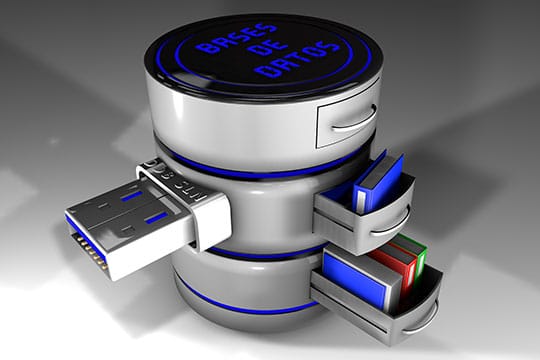
Sending files through the internet more so via the website has become a common phenomenon. However, not everyone who uploads data via your site is trustworthy. Some take advantage of such privilege and send data with malicious content. Such content can lead to damage to your website, which will cost you to maintain and repair the site.
It is not a pleasant experience. But you can take the necessary safety steps to prevent such a scenario if it is essential for website users to upload files. You can install plugins to review every file uploaded. Also, specify the size of data one can upload. By examining uploaded files, you will be scanning them. Additionally, you regulate not only the size of files but also the type of files uploaded.
By doing that, it will be difficult for hackers to gain access to your website.
3. Passwords
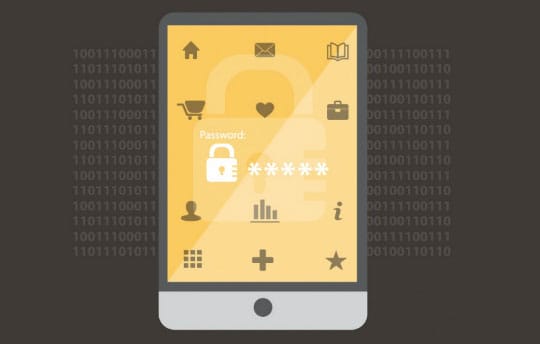
You need to be keen on passwords. The main reason is that you might hire different people to post content on your website. It is necessary, but the vital part when it comes to passwords is the server and admin login details.
Using weak passwords on these two areas can make your website an easy target for cybercriminals. That should not be the case. You need to come up with strong passwords — not necessarily ones that you can forget but one that is easy to think of.
Also, a new way to protect your passwords is through Secure Hash Algorithms (SHA). With it, the hacker cannot quickly get your password.
4. Download Authentic Plugins
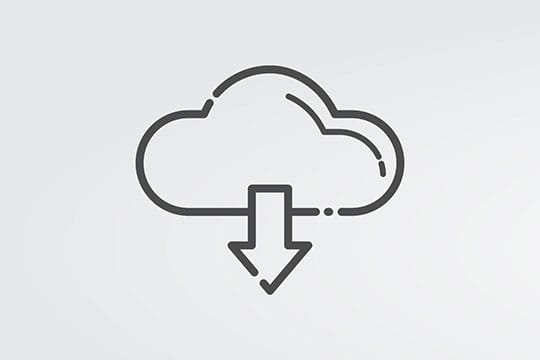
It is challenging to manage a site without plugins. That is if you are using a WordPress site. You require a plugin to make your website be the best. With plugins becoming necessary, you will have to download and pay for them to work. But where are you downloading them from?
That is the crucial safety thing many WordPress website owners forget. There are many places where you can download plugins but are, they safe? So, before you download the plugin, make sure you research it and the safest place to download.
It is more convenient if you download them from the official website. With that, you are sure your website will not be affected or infected with malware.
5. Reputable Hosts
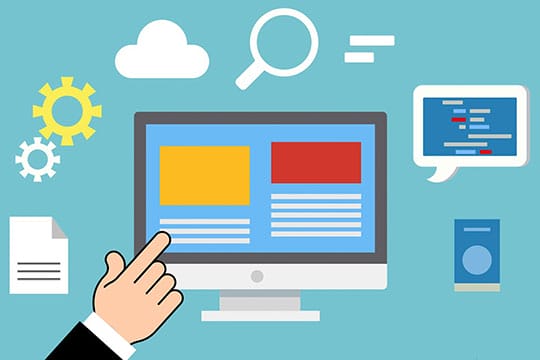
Your website host is equally important when it comes to the safety of your website. You require a host that will give services like;
- Backing up your data.
- Offering technical support.
If they are capable of all these, then be confident that your website is on good hands. Don’t forget to look for a web host who has the best customer review.
You may like: Cybersecurity Risk Assessment & Management Tips for Small Businesses.
6. SSL Certificate for Website
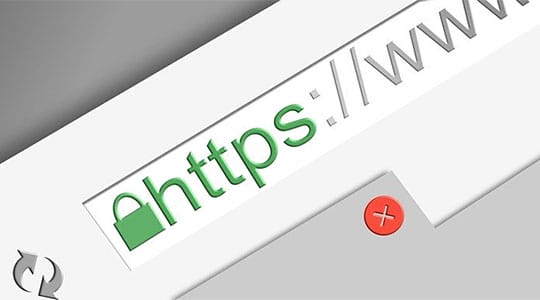
Does your website contain crucial personal information or financial transactions? Then, for safety, your website must have an SSL certificate. Sites that use SSL are highly encrypted that no cybercriminal can gain access.
But for non-SSL websites, they are not secure hence prone to cyber-attacks. So, make sure your website has an SSL certificate for it to rank high in search engines and be trusted by customers when your website has this certificate. The data between your site and that of the user is encrypted. Hence, difficult for any other person to access the information. If your website URL is currently like this http://wordmyname.org, consider acquiring an SSL certificate to encrypt its information. Once you have the certification, it will now look like this https://wordmyname.org.
7. Regular Data Backup
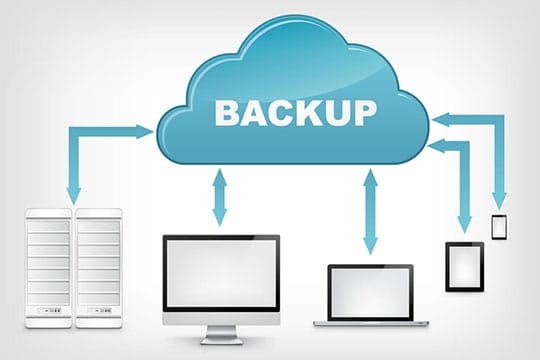
A secure website entails many requirements, and one of the things you should miss as a precaution is a backup of data. Prioritize backing up your site’s data regularly. Do it several times a day. When you do that, store the information either on external hard drives or on the cloud. With them, you are sure that you can retrieve your site’s data in case there is any blip.
The advantages of data backup are that you can protect your site from cybercriminals. In case they gain entry to your website, you can restore your backed-up data from your web hosting control panel. After the restoration of backed-up data, now you get full control of your website and change your login details for safety.
8. Find a Website Security Guru
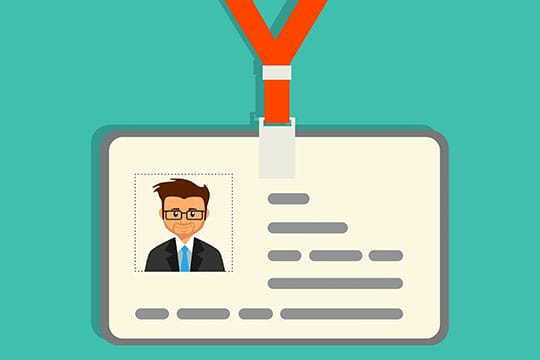
Also known as Cyber Security Specialists. It is another method of keeping your website secure is by hiring professional website security & safety experts. Many companies provide such services. If you like, you can hire a freelance website security website from reputable freelance platforms like Upwork.
Rather than you checking for threats or installing plugins on your website, such are services that you will get from cybersecurity specialists. So, why wait until your website is breached for you to hire one? You have the time to make the right decision. With them, you are sure that they will do everything to keep your website safe.
Furthermore, they are up to date with the latest methods cybercriminals are using and have prevention methods to keep your website secure. Never prioritize anything apart from the security of your website as it holds vital user’s information.
9. Clean Your Website
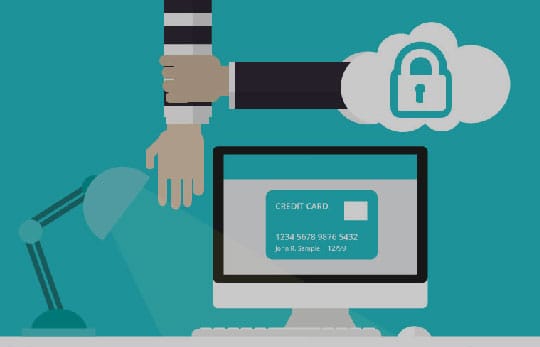
If there is any information or file on your website that is not important, you ought to permanently delete it for safety reasons. Such are routes used by hackers to gain access to your site. Themes or plugins that are outdated make sure you remove them. When such files are present on your website, a hacker may find it easy to hack your site.
Also, if you decide to keep them update them regularly. With the latest versions, it is challenging for a cybercriminal to use them to force entry to your website. For a secure site, cleaning makes sure your files are organized well.
10. Limit Log in Tries
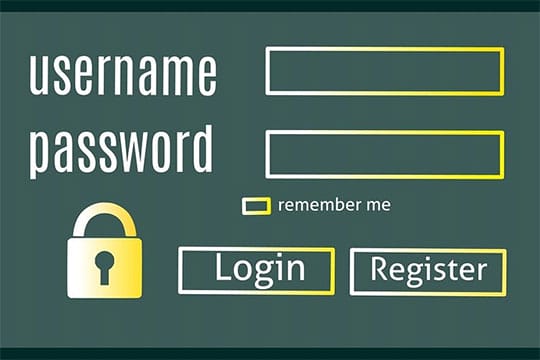
Hackers try more than once to access your website. But do you know you can prevent a user from trying to log in many times, for example, three times? Yes, it is possible. To protect your website from potential cyber threats, as a safety measure you can limit log in tries from one IP Address.
As know they are smart, and they will change their IP address if such repeatedly happens at a specific time. You can command your website to suspend log in for some time. By doing that, the hacker will find it difficult to access your account. Hence, unable to hack. By so making your website secure.
You may also like: Chrome vs Firefox: The Performance, Security & Privacy Comparison!
Conclusion

Cybersecurity has become the latest talk of the town. But due to advancements, there are new ways of preventing the spread of this menace. Currently, cyberattacks are happening daily, but you can secure your website by adhering to the given safety advice.
By putting all of the safety advice into practice, you will be sure that it will be hard for hackers to access your website and steal vital information. Thank you for reading this guide, and please share it with other website owners by doing that you will have prevented cybersecurity attacks on the website.
For further inquiries, you can leave a comment, and we will answer you.
This article is written by Jennifer Billington from Myessaygeek.com. Jennifer can't imagine her life without writing. She is writing for 5 years and not going to stop. Most of all she likes to write about education. It is a pleasure for her to write about something that can make your life easier or just make you understand some difficult things. You can follow her on LinkedIn.
 This article is written by Jennifer Billington from
This article is written by Jennifer Billington from 




